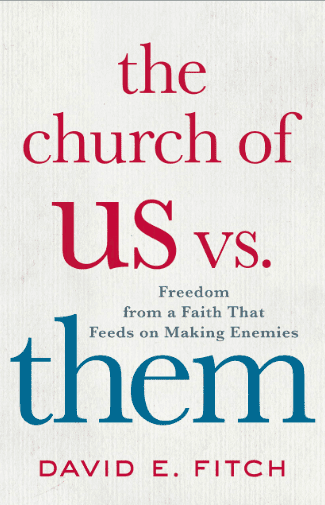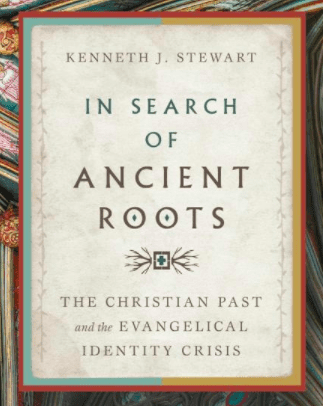 “The culture wars, of the late twentieth century began, in part,” Molly Worthen contends, “as a civil war within evangelicalism” (177). So she states in her study of the “gospel of liberation” among evangelicals in her fine study, Apostles of Reason. In the 1960s some American evangelicals looked to the church’s precedents in dealing with the social tensions at work in American society. Two points: (1) “left”-leaning thinkers found resources in the martyr tradition, in the Reformation models of communes to the social welfare pushes of the 19th Century. (2) “Right”-leaning thinkers saw in these proposals traitors to the tradition while the leftists saw the rightists as caving into modernity. There the culture began.
“The culture wars, of the late twentieth century began, in part,” Molly Worthen contends, “as a civil war within evangelicalism” (177). So she states in her study of the “gospel of liberation” among evangelicals in her fine study, Apostles of Reason. In the 1960s some American evangelicals looked to the church’s precedents in dealing with the social tensions at work in American society. Two points: (1) “left”-leaning thinkers found resources in the martyr tradition, in the Reformation models of communes to the social welfare pushes of the 19th Century. (2) “Right”-leaning thinkers saw in these proposals traitors to the tradition while the leftists saw the rightists as caving into modernity. There the culture began.
To be sure, 19th Century Evangelicalism was a coalition, and one of the themes was social progress and justice for all. But the rise of the social gospel pressed conservative evangelicals into less social engagement, and connect this to burgeoning interests in the Second Coming and dispensational thinking and the culture war of the American church took on potent significance.
In 1960 at the NAE meeting these social issues, therefore, were at the front: communism, the RC situation, IRS pressure on ministers who preached politics, providing alcohol on planes, and Hollywood’s attacks on evangelicalism (Elmer Gantry). It cared about relief in the world for starvation but did not concern itself with racism or systemic approaches to poverty. Patriotism was important.
But there were some more social-conscience evangelicals, like TB Matson, JB Weatherspoon, Richard Caemmerer, Vernon Grounds, Richard Pierard, Timothy Smith, and David Moberg. Politicians like John B. Anderson and Mark Hatfield broke ranks. Sherwood Wirt’s work belongs here too.
This gave rise to what many call the “young evangelicals.” Richard Quebedeaux was a leading story-teller of this new movement of socially active evangelicalism. It gave rise to Jim Wallis and, in my view, Wallis has carried the banner for this view since the 1960s — 50 years of relentless pressing of evangelicalism to see the social implications of the message of Jesus. He tried to gain a voice in Christianity Today but the editors saw too much politics in Wallis, so he began The Post-American and then Sojourners. They moved to DC and the rest is the story many today already know.
Alongside this theme of social or economic liberation was evangelical feminism. The story is known, too, but hierarchicalism ruled evangelicalism in many ways — Phyllis Schlafly and Beverly LaHaye and submission etc. Churches reflected the same. Then came Nancy Hardesty and Letha Scanzoni’s powerful and epoch-changing book All We’re Meant to Be : from sexuality to ministry. Lucille Sider Dayton created Daughters of Sarah , and Paul Jewett at Fuller… and before long turbulence within was interpreted as coming from without.
Then some evangelicals advocated for supporting McGovern… a movement that led to the famous Chicago Declaration for Evangelical Social Concern, which tried to form more consensus across the spectrum and sought to address social issues, and this led both to a major statement and to an eventual unraveling based on identity politics. (This story has been told very well by David Swartz, Moral Minority .)
Theologically, Fuller becomes more the center of the story: George Ladd’s protests against dispensational eschatology, Geoffrey Bromiley’s translation and teaching of Karl Barth, the use of Bonhoeffer among many (it was at that time that I too found Bonhoeffer) … all leading to a bit of a revival of the anabaptist viewpoint among evangelicals.
Molly Worthen’s book, I am suggesting, will become a potential watershed in that she has revealed why the coalition mindset that many of us want and believe in struggles to find genuine centrality among evangelicals because the gatekeepers would prefer less diversity at the table while also wanting the numbers for support in the movement.











